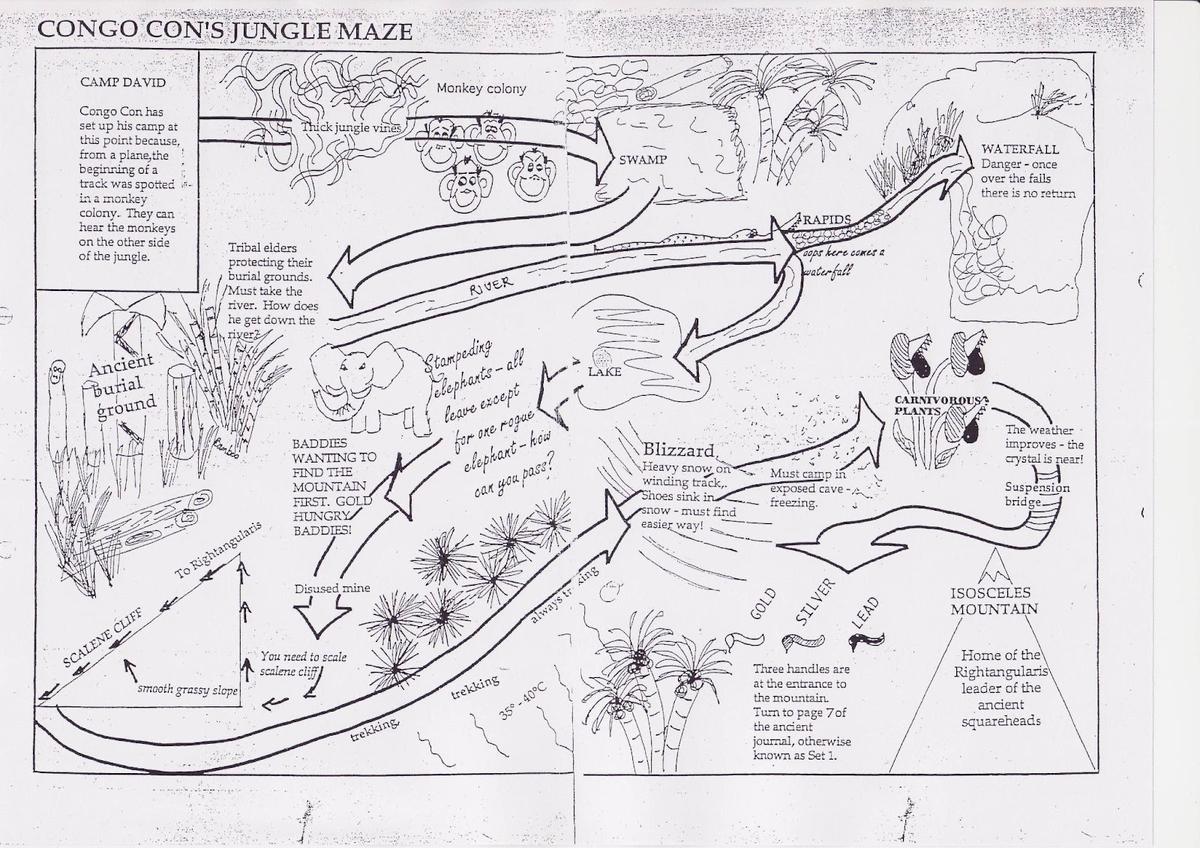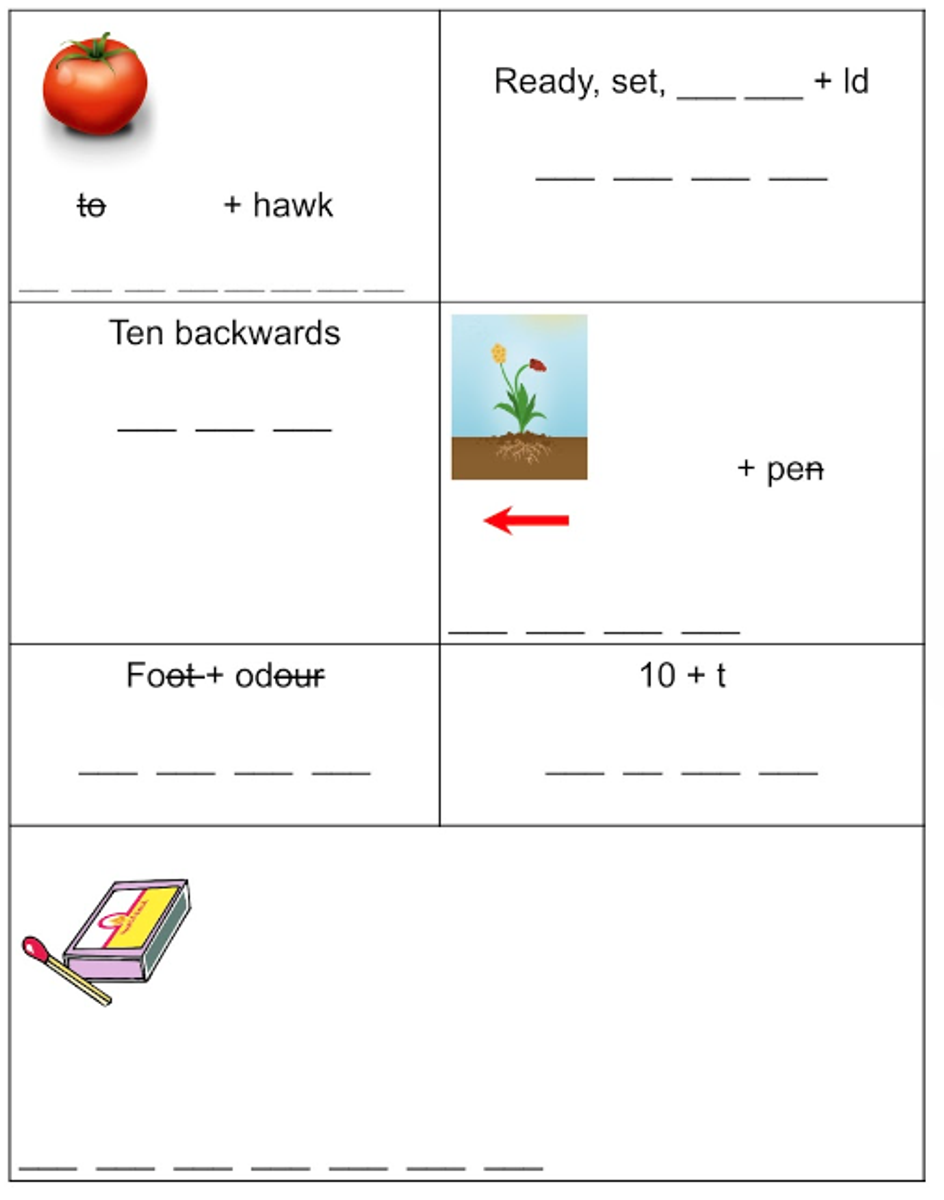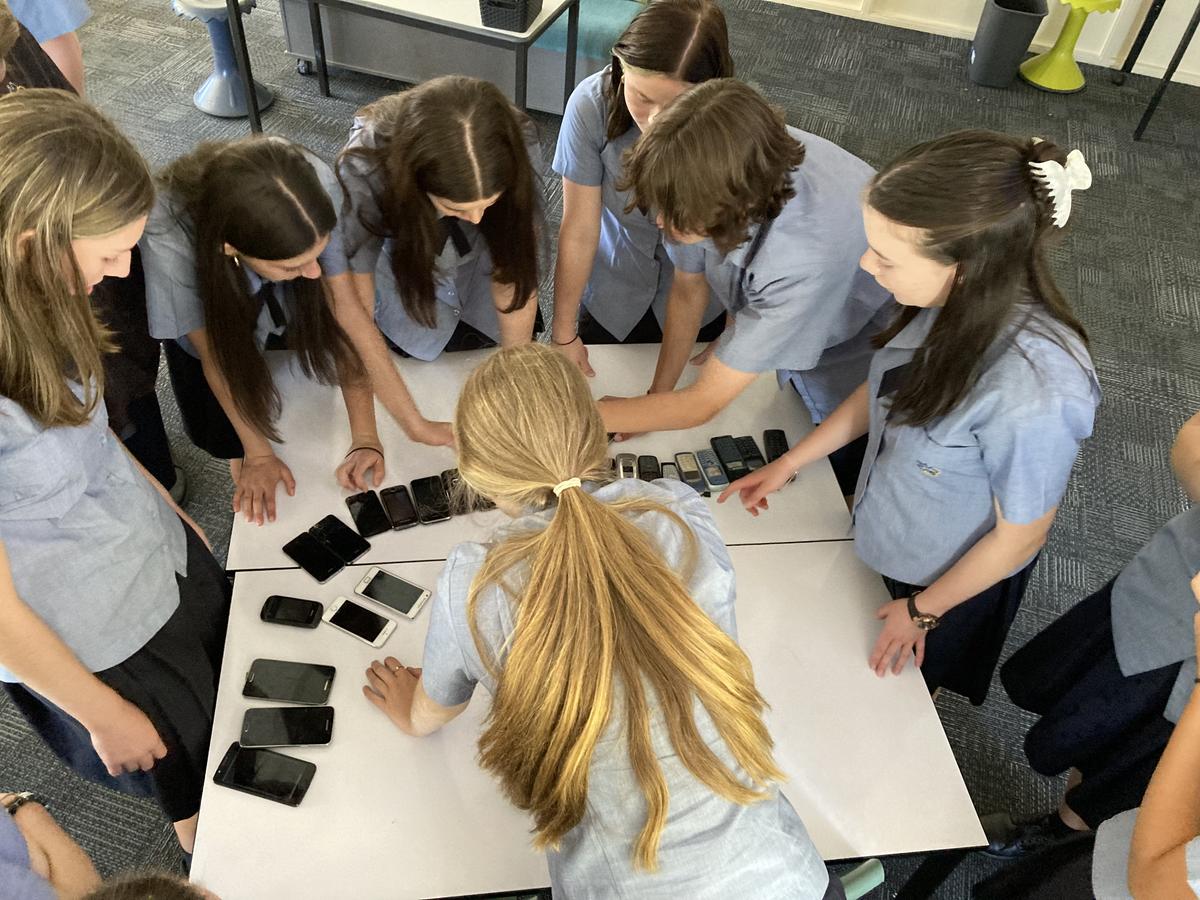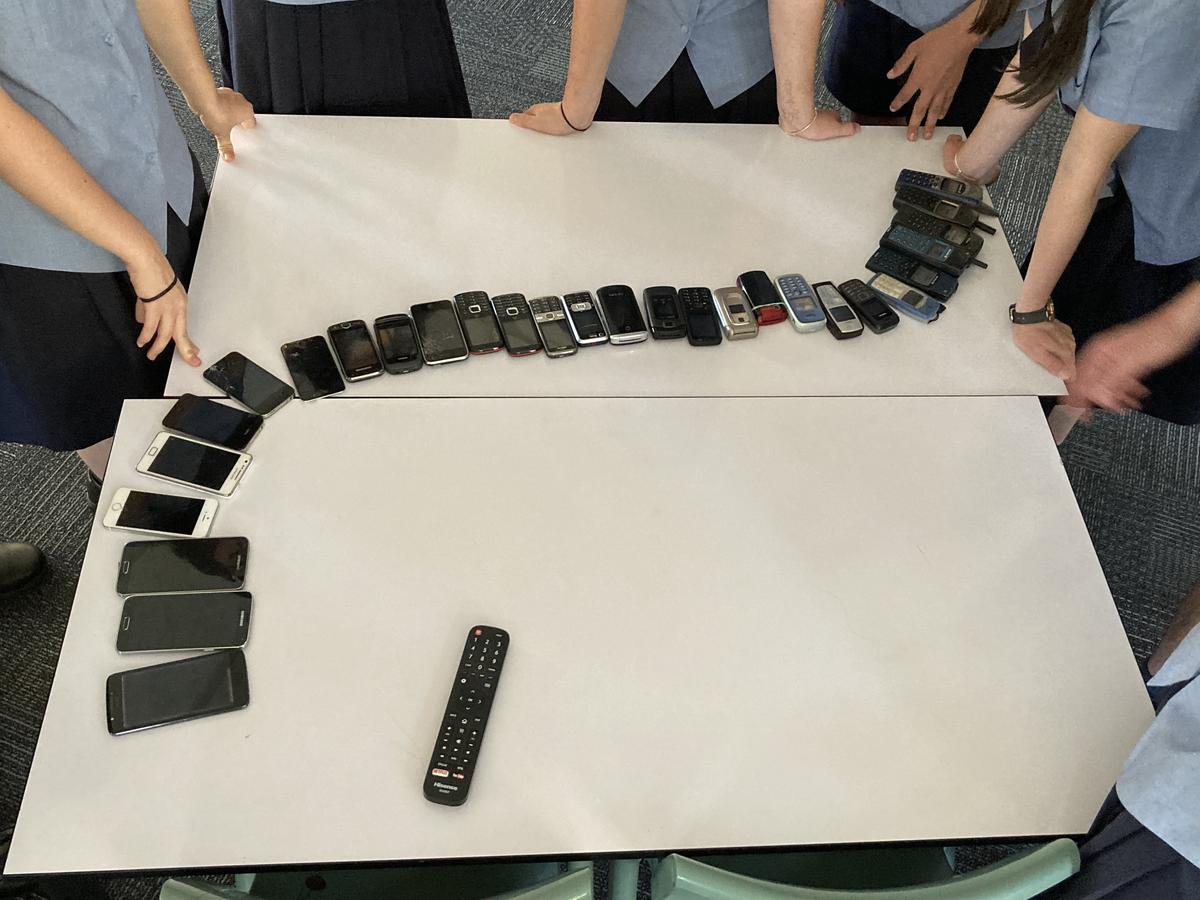KLA News
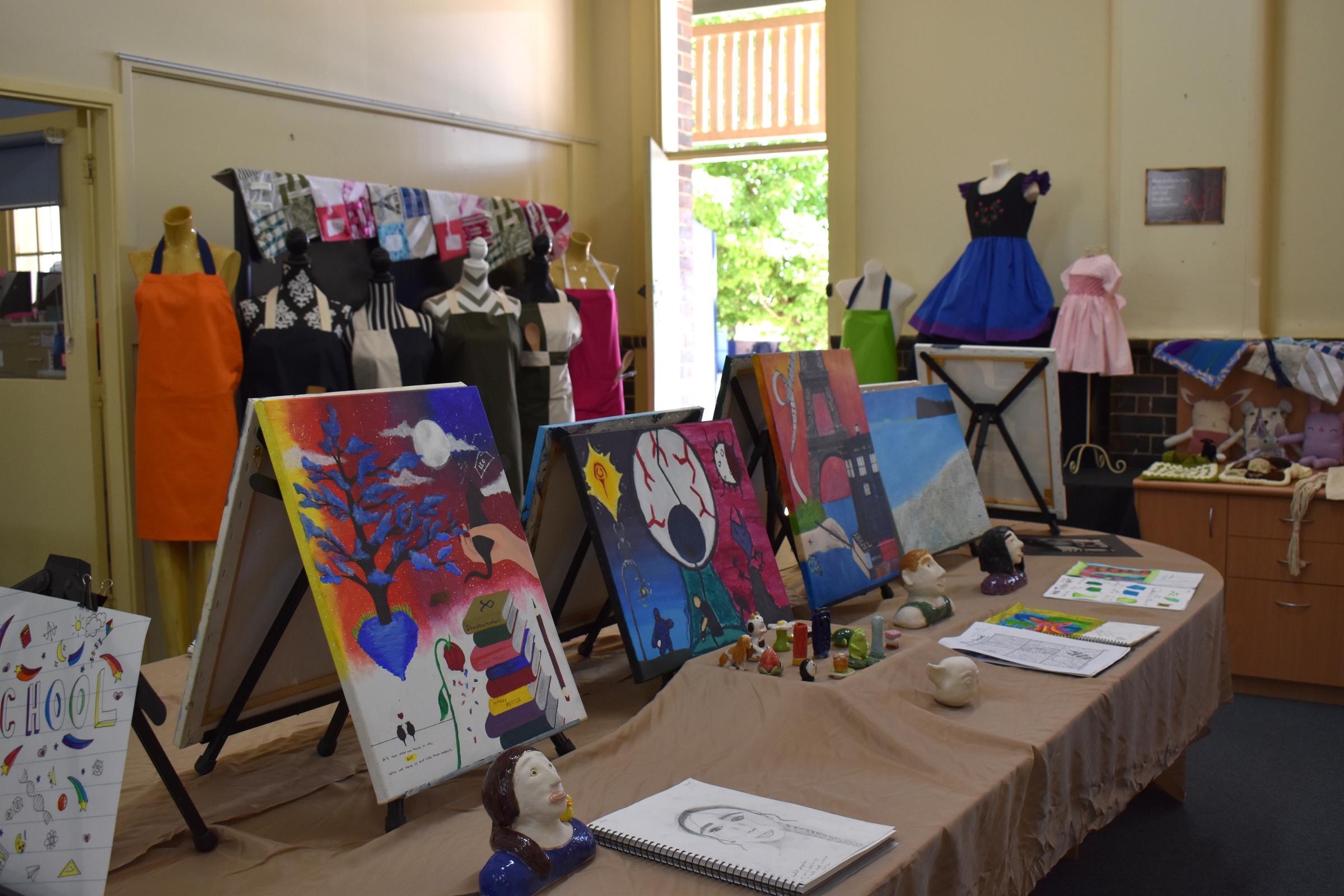
This fortnight we hear from the RE, PRAXIS, HSIE & Maths Key Learning Areas.
Religious Education
Year 11 SOR II have begun their Studies of Religion course with enthusiasm and commitment The focus of the first unit is the Nature of Religion and Beliefs, including Australian Aboriginal beliefs and spiritualities, as a distinctive response to the human search for meaning in life.
Students were asked to research visual stimuli that reflect the meaning of life. After learning about the Characteristics of religion students were organized into random groups and asked to create their own religion, based on a geographical area. All groups worked collaboratively, diligently and completed the task competently.
John, Amber, Clancy and Alec presented their religion “Minajism'' to the class incorporating audience participation and used the whiteboard for their visual presentation. Other examples were presented as slide presentations examples
PRAXIS
WHAT IS PRAXIS?
PRAXIS is a Latin term that refers to the process of using a theory or something you have learned in a practical way.
Students will work on four units over the school year ...Personal Interest Project (PIP), Fake News, Rube Goldberg Machines and Create Your Own Country.
Every Year 7 class has one lesson of PRAXIS each week where students will aim to apply the knowledge and skills they learn in class to an interesting project.
Project-based learning (PBL) is a teaching method that drives student learning by engaging them in real-world, meaningful projects. Students work in groups over a set period on a project designed to solve a genuine problem or answer a challenging question. Students demonstrate their knowledge and skills by creating a product or presentation for an authentic audience, such as teaching the Year 5/6 STEP Day students or presenting to members of Rotary.
The benefits of PBL include:
Deeper engagement and interaction with learning content
Encouragement of higher order thinking and problem-solving skills
Fostering of 21st century skills like collaboration and communication
One of our first tasks was a collaborative activity called Congo Con, and here's an overview:
What?
The Problem: Congo Con needs to travel from Camp David to the Isosceles Mountain in order to find the valuable minerals but the jungle is full of challenges including the monkey colony..
Why?
That is his “real world problem”. He can use any resources that he finds along the way and any tools indicated in the word puzzle/tool kit Each tool/resource can only be used once. Help Congo to find a solution.
How?
Brainstorm Ideas: Look at the maps carefully before proceeding. Take time to discuss amongst the group. Allow each member to contribute.
Resource sheet...parents can you work out the clues?
Please contact us if you'd like to know more about PRAXIS.
Anne Healey and Jenny Frazier
PRAXIS Teachers.
HSIE
Welcome to the 2023 school year to all members and friends of the O’Connor Catholic College learning community!
As we do every year we have a wide range of learning opportunities for HSIE students at O’Connor covering, as we do such a wide range of subjects: Geography, History and Commerce in years 7-10 and branching into Ancient History, Modern History, Business Studies, Legal Studies and Society and Culture (for the first time at our school) in years 11 and 12.
I would like to take the opportunity to welcome back the following HSIE staff:
- Mr Garry Osborne,
- Mrs Cheryl Leggatt,
- Mrs Amanda McFarland (nee Bell),
- Mr Frank Patricks and
- Mr Andrew May.
We extend a warm welcome to these new faculty members:
- Ms Kara Spicer,
- Mrs Sophia Haggerty and
- Ms Emily Wooster who is our French teacher for 2023.
We also have Ms Lauren Donnelly taking on a year 7 HSIE class for 2023.
Students from years 7 and 8 will be starting the year with studies in Geography. More specifically year 7 students are learning about the earth’s landscapes and landforms and how these were formed, while year 8 are learning about the distribution and availability of water in our world and how we can make access to water sustainable.
Students in years 9 and 10 start the year with studies in History. Year 9 students are learning about the changes to our world from the Industrial Revolution from 1750 - 1900 while year 10 are examining changing rights and freedoms in the modern world.
Last week Year 11 Ancient History enjoyed this activity in the non-scientific dating method called typology. Isn't it interesting to see how far technology has come?
Yours in Humanities,
Cherie Stoessel
Leader of Learning, HSIE
Mathematics
Mathematics is an essential part of our lives, and it is important to have a strong foundation in it. In this newsletter article, we will focus on the topics that are being covered in Year 7 through Year 10 this term and look at some essential equipment required by all students in Mathematics class.
Year 7 Topic: Computation with Positive Integers
In Year 7, students learn about computation with positive integers, which includes addition, subtraction, multiplication, and division. These operations help in solving everyday problems such as calculating the cost of items, keeping track of time, and measuring distances. Students also learn about prime and composite numbers, factors, and multiples. These concepts lay the foundation for more advanced topics such as fractions and decimals.
Year 8 Topic: Algebra
Algebra is a key topic that is introduced in Year 8. Students learn about variables and how to write expressions and equations. They also learn about solving equations and inequalities. These concepts are essential for advanced topics such as calculus and trigonometry. Algebra is a powerful tool that helps in solving real-world problems such as determining the cost of items with discounts, calculating the interest on loans, and predicting future trends.
Year 9 Topic: Rational Numbers
In this topic students work with fractions, decimals, percentages, rates and ratios.
Converting between fractions, decimals and percentages as well as using rates and ratios to solve problems.
Year 10 5.2 Topic: Financial Maths
In Year 10, students learn about financial maths, which includes topics such as budgeting, taxation, and investment. They learn how to calculate income tax, create a budget, and understand the impact of interest rates on savings and loans. These skills are crucial for managing personal finances, making informed financial decisions, and understanding the economy.
Year 10 5.3 Topic: Measurement
Measurement is a crucial topic in Year 10. Students learn about measurement units such as length, mass, and volume. They learn how to convert between units and further concepts involving 3D objects and how to find surface area and volume. These skills are important for various fields such as science, engineering, and construction. They are also essential for everyday tasks such as cooking, driving, and traveling.
The topics covered in Year 7 through Year 10 lay the foundation for more advanced concepts and skills that are essential for success in higher education and the workforce. By understanding and mastering these topics, students can develop problem-solving skills, critical thinking skills, and a deeper understanding of the world around them.
Bringing the right equipment to school mathematics classes is crucial for students to be able to fully participate and engage in the learning process. Here are some of the essential items that students should bring to their mathematics classes:
Device: A fully charged laptop is required for each lesson.
Calculator: A calculator is a must-have for any math class. It can help students quickly solve complex equations, check their answers, and save time. The Casio fx-82AU plus II is the required calculator model at OCC, students can purchase these from the college front office.
Pens, Pencils, and eraser: A pencil and eraser are essential for drawing diagrams when working out problems. Notes in a workbook should be taken using a pen. Pencils are preferred over pens when drawing diagrams since they are easier to erase and correct mistakes.
Ruler: A ruler is necessary for measuring and drawing straight lines. This is especially important in geometry and trigonometry classes.
Compass: A compass is needed for drawing circles and arcs.
Protractor: A protractor is a tool used for measuring angles.
Notebook: Students should have a dedicated notebook for their math class to keep all their notes, homework, and classwork organized. This can also make it easier to review and study for exams.
By bringing these essential items to their math classes, students can fully engage in the learning process and achieve success in their math courses.
Sincerely,
Mark Harris
Leader of Learning, Mathematics
IT Manager

